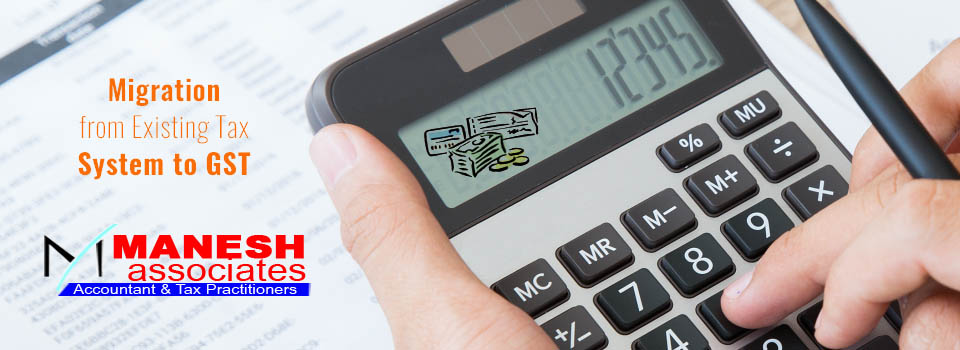


VAT is levied on all goods & services while sales tax is only levied on goods. Thus, a lower tax rate is needed to collect the same amount as sales tax. VAT has no cascading effect. The VAT mechanism of auto-control reduces tax evasion, therefore enhancing income tax collection. VAT is levied at import.
Input generally mean goods purchased by a dealer in the course of his business for re-sale or for use in the manufacture, processing, packing/storing of other goods or any other business use. The tax paid on inputs is known as Input Tax. It has been defined in Section 2(xvii) of the Model VAT Bill, 2003 thus: "Input tax means the tax paid or payable under this Act by a registered dealer to another registered dealer on the purchase of goods in the course of business for resale or for manufacture of taxable goods or for use as containers or packing material or for the execution of works contract."
It is the credit for tax paid on inputs. Every dealer has to pay output tax on the taxable sale effected by him. The basic formula of VAT is that every dealer pays tax only on the value addition in his hands. In simple words input tax credit is the mechanism by which the dealer is enabled to set off against his output tax, the input tax. Dealers are not eligible for input tax credit on all inputs. There are certain restrictions and conditions on the eligibility of input tax credit as it is stipulated in the respective State legislation.
Since the VAT Act applies only to sales within a State, the following sales shall not be governed by the VAT Act:
Retail dealer is not specifically defined in most of the draft VAT legislation of States. To some extent, a dealer will be considered to be engaged in the business of selling at retail if 9/10ths of his turnover of sales consists of sales made to persons who are not dealers and if any question arises as to whether any particular dealer is a retailer, then the officer in charge shall be refered for.
In so far as a decision as to whether goods should be stock transferred and then sold to customers by the branch or should direct inter-State sales be effected, there can be no generalisation. The decision has to be taken on a VAT impact analysis of each individual business. The tax implications to be considered are: In the case of inter-State sale, the buying dealer has to pay a non-VATable CST while the selling dealer will get the benefit of input tax credit. In the case of stock transfer, though there is no tax on the inter-State movement, the input tax credit will be restricted to the tax paid on inputs in excess of 4 per cent.
Manesh associates
Near Old Telephone Exchange Building
TRIKARIPUR-671310
Ph:0467-2213592,
manesh.tax@gmail.com
Near Kayyur Road junction
NH Main Road Cheruvathur
671 353, Kasargod - dist
Kerala 9497796722, 0467 2260333